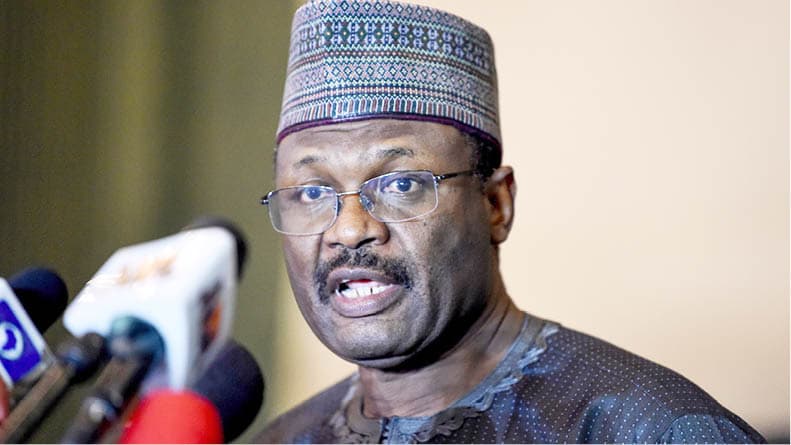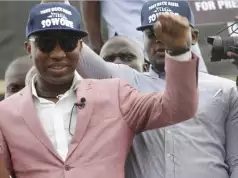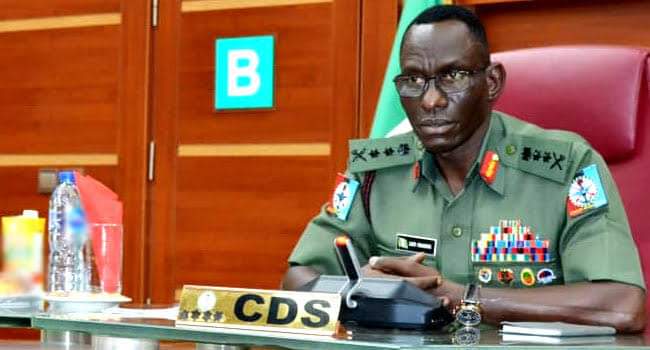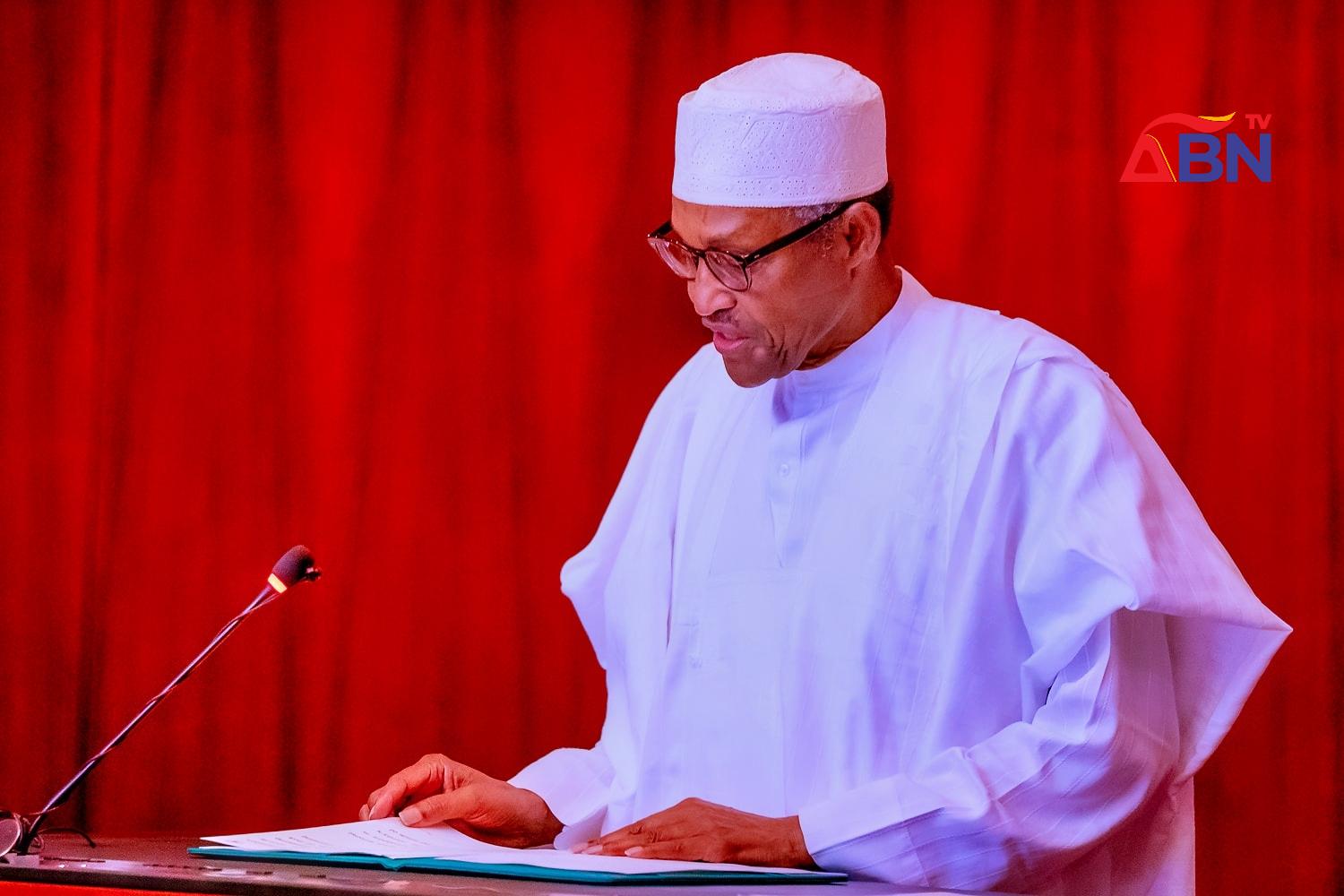
The Independent National Electoral Commission (INEC) yesterday turned down a request by the 18 political parties to alter the timetable for the 2023 general elections.
The commission said acceding to the request would affect its “other activities” and create “unnecessary tension” that could negatively affect the general election scheduled to commence on February 25, next year.
“The commission will not review the timelines,” INEC Chairman Mahmood Yakubu said during a meeting with Inter-Party Advisory Council (IPAC), the umbrella body of the registered parties in Abuja.
The meeting was attended by All Progressives Congress (APC) National Chairman Abdullahi Adamu and National Secretary, Iyiola Omisore; Peoples Democratic Party (PDP) National Chairman, Iyorcha Ayu and National Secretary Samuel Anyanwu; All Progressives Grand Alliance (APGA) National Chairman Victor Oye and IPAC Chairman Yabagi Sani.
In justifying its call for an alteration to the timetable, IPAC said it discovered that the schedule of activities for the general election was based on “certain circumstances and developments that have hampered timely and strict compliance with the timelines.”
The council specifically urged that the deadline for primaries be extended by 37 days from June 3.
It argued that an adjustment to the timetable would not significantly affect the conduct of the general election.
IPAC Chairman Sani said: “It is within the framework of the enduring bond between the INEC and IPAC in service to the country, that all the 18 registered political parties on the platform of IPAC are joint, without exception, requesting the INEC to consider a slight adjustment to the recently announced timetable and schedule of activities for the 2023 general elections.
“In summary, the general assembly of IPAC …requests for an extension by 37 days to the deadline of the time frame for the conduct of party primaries and resolution of conflicts arising from the primaries:
“By implication, the IPAC leadership is appealing to the INEC to extend the deadline for the conduct of party primaries and resolution of ensuing conflicts from the present INEC given date of June 3, 2022 to 4th August 2022.
“Some of the issues considered by the IPAC general assembly which necessitated the call for extension in the timeframe of the present INEC timetable and schedule of activities are based on certain circumstances and developments that have hampered timely and strict compliance by the political parties to the timetable.
“Some of the constraining developments which, we believe were not considered and therefore, not factored in by NEC while drawing up its schedule of activities include the following; the Christian Lenten season and the Muslim fasting in the month of Ramadan respectively followed by the celebrations of Easter and Eid El Fitr, (Sallah), in which the vast majority of party members were involved.
“It is also, noteworthy that, the scenario was the first time that the two major events in the Christian and Muslim calendars would be occurring around the period of general elections.”
Sani also cited the forthcoming governorship elections in Ekiti and Osun states within the timeline of the INEC as “additional distractions and constraints that obviously affect the political parties.”.
He added that “IPAC general assembly regards the time allotted by INEC for the conduct of primaries as too short in view of the efforts required by the parties for effective and scrupulous screening and selection of qualified and quality flag bearers.”
The IPAC boss said that the parties were “not unmindful of the provisions of the 1999 Constitution and the Electoral Act 2022 with respect to timelines in the electoral process” in making the request for an adjustment.
But the INEC chairman reminded the parties that the period earmarked for the conduct of their primaries commenced April 4, 2022, and would end June 3.
“Any review to extend the timeline for one activity will affect other activities and put unnecessary pressure on political parties and the commission,” Yakubu said.
He however acknowledged the fact that the parties had forwarded to INEC, the schedules for their primaries.
His words: “This meeting is the first since the Electoral Act 2022 came into force on February 25 2022. It is also our first meeting since the commission released the timetable and schedule of activities for the 2023 general election over two months ago.
“Already, all 18 political parties have forwarded the schedules of their primaries to the Commission, and some have commenced the process of choosing their candidates by conducting ward and local government congresses.
“The period earmarked for the conduct of primaries by political parties commenced on April 4, 2022, and will end 24 days from today(yesterday.).
“Twice in the last two weeks, the commission had cause to remind political parties of the necessity for strict compliance with the timelines for party primaries. I hereby reiterate the position of the commission that there will be no review of the timelines.
“There are so many inter-related activities that are associated with the timelines which must be carried out. Any review to extend the timeline for one activity.will ultimately result in more complications than what the extension seeks to achieve.
“Therefore, the commission will not review the timelines. Working together, we should ensure fidelity to the timelines in conducting transparent and democratic primaries for the purpose of electing candidates for the 1,491 constituencies for which elections will be held on 25th February and 11th March 2023.
“In the spirit of working together to comply with the requirements of the law, the commission has prepared a document to guide political parties in the conduct of primaries and nomination of candidates for election, including a checklist of the documentation required for a successful nomination..
“Similarly, the commission has prepared a calendar of party primaries for presidential, governorship, national and state assembly seats based on the proposals submitted by political parties as at May 6, 2022.”
Yakubu charged the parties to be committed to “promoting inclusivity in the electoral process” by giving more opportunities to women, youths and Persons with Disabilities (PWDs).









